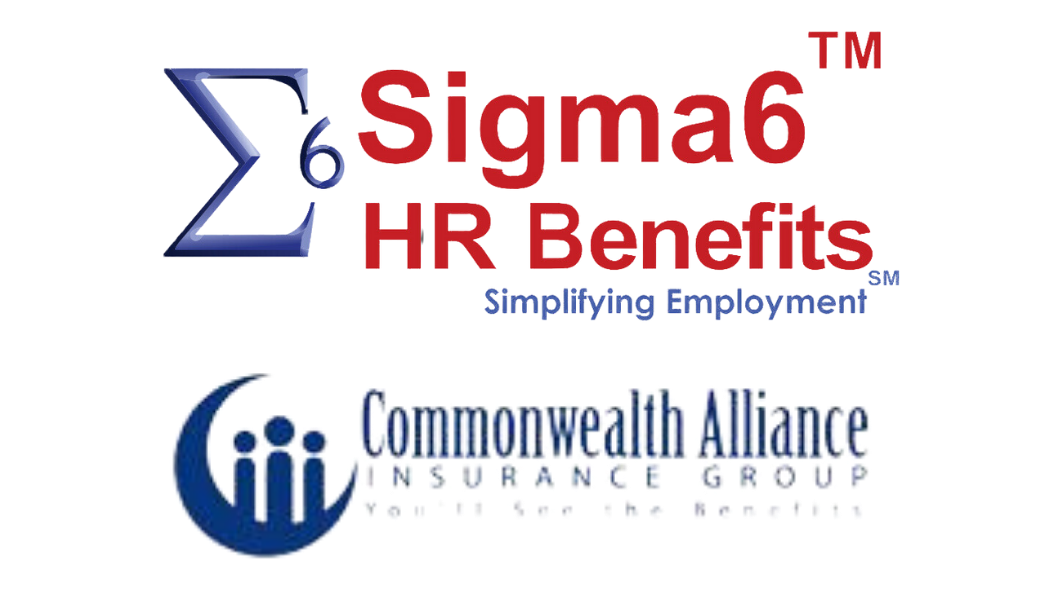What To Do With Disruptive Employees
As employers, we have all, at one time or another, had to deal with a disruptive employee.
Some employees can be irritating, some can be frustrating, others have difficult personalities. But a disruptive employee is a whole different matter. Disruptive employees are generally hard to manage and often create fear within your other employees. One final thing, from the disruptive employees that we at Sigma6 HR have had to deal with over the years, occasionally the most disruptive employees are actually in supervisory positions.
An employee may be considered disruptive in any number of ways:
Constant negativity, gossiping, and spreading complaints and frustration to others. There is nothing wrong with an employee who has serious questions or complaints that are legitimate. Employee complaints should always be addressed, as they can often lead to better productivity or morale. But when the employee becomes disruptive, by going far and beyond general concerns, he or she may become a source of negativity and disruption that spreads to other employees.
Acting disrespectfully, negatively or harassing other employees or management. This includes crude or inappropriate language, bullying or threatening other staff, or menacingly with veiled threats or harm, both mental or physical.
Roughhousing or playing around in a way that is offensive or unsafe.
Any other behavior that causes undue frustration, disruption, and problems.
When employees are disruptive, here are some of the problems:
Employee morale may be impacted. When employees are being disruptive and are not disciplined for their actions, other employees get frustrated. It may seem to be pointless to try to speak out to change things when HR and other managers won’t take action.
Employee Turnover. When employees get frustrated with their working environment, they may be prompted to start looking for a new job. Especially in this environment of low unemployment levels, employees may feel confident they can find a better work atmosphere elsewhere.
Bad attitudes can be contagious. When an employee is being disruptive and negative, it may lead some other employees to latch on to some of that employee’s sentiments—spreading the negativity and problems.
Productivity impacted. Your employees may be less productive because they have to deal with the disruptive employee frequently on a daily basis, taking valued time away from their job responsibilities.
Accidents. Aggressive employees have a tendency to have more accidents that what is generally accepted as the norm – as well as cause other employees to have accidents associated with the stress of dealing with the disgruntled employee.
Mistakes. Distracted employees (who are dealing with these issues from the problem employee) may be more likely to make mistakes.
As the employer you should be on the lookout for the employee disruptive patterns that most oof your employees are reluctant to bring to your attention.
What are the remedies?
· First, always be willing to investigate any complaint regardless of whether or not you feel it appropriate.
· Take all employee complaints seriously - particularly these you receive regarding another employee
· Have policies that cover these types of allegations, as well as appropriate actions
· Alert us at Sigma6 HR as early as possible so we can begin to lay the proper groundwork for initiating steps to be potentially taken to ease the situation
· Employee discipline, up to and including termination, if warranted, may be necessary to diffuse the situation.
· Be aware that disciplinary reprimands, probation, follow-up and potential termination are also on the table if warranted
A disruptive employee may also cause your company to lose other valued employees due to toxic work conditions. Act early to get to enact any proper measures that minimizes any disruptive behavior and maximizes employee morale and attitude.
